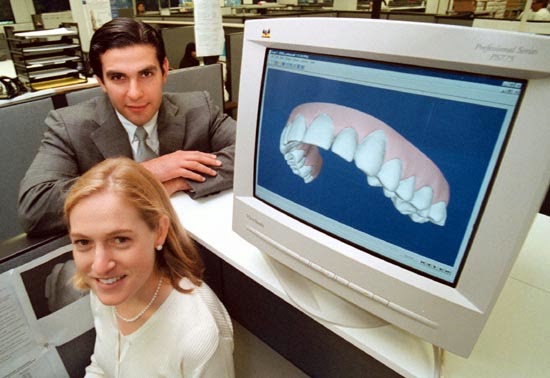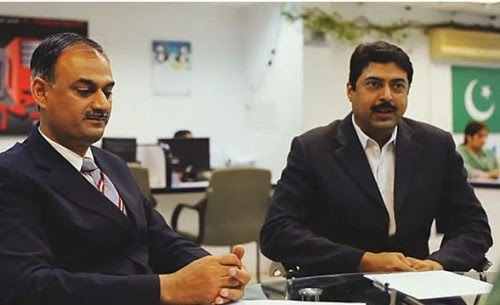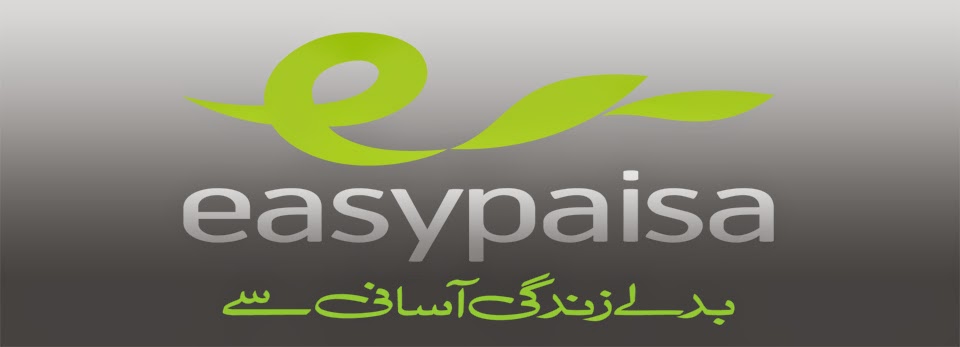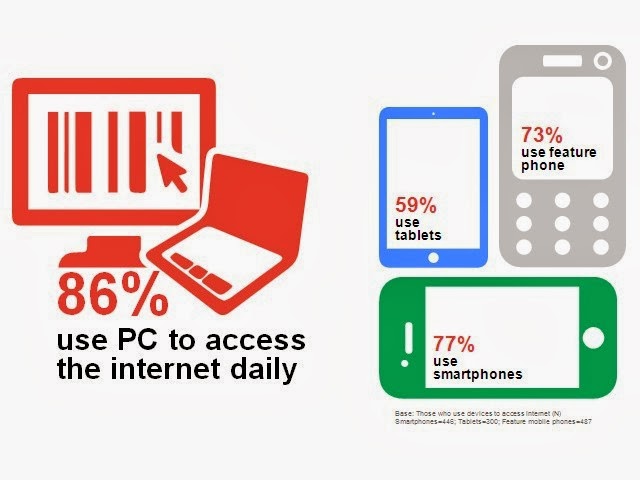3D Printing Revolution Comes to Pakistan
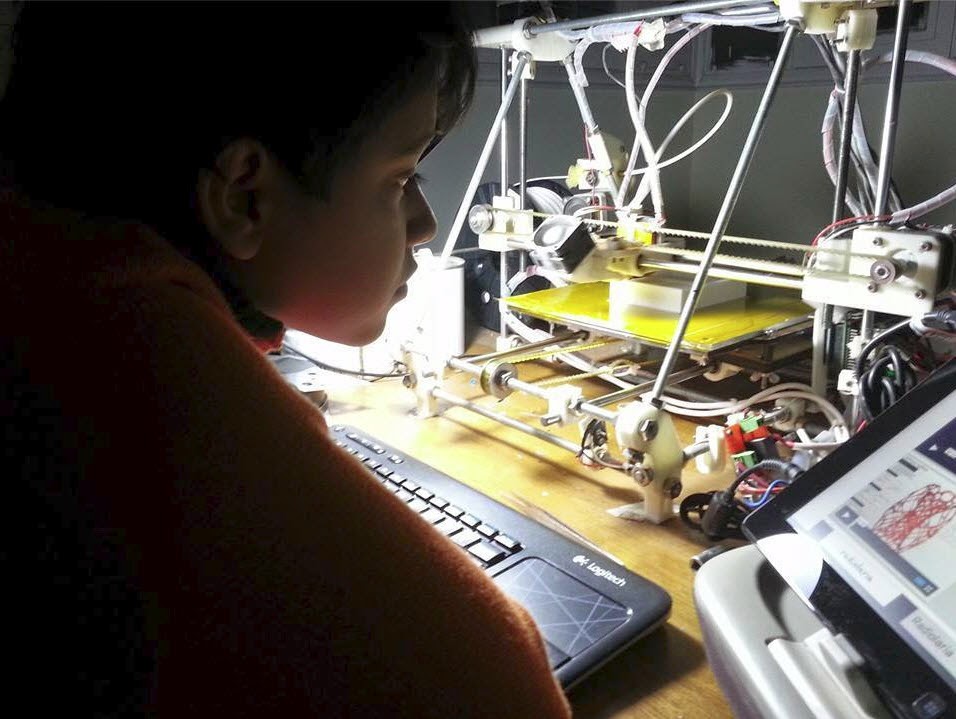
3D printing (also called stereolithography or additive manufacturing) is a process for making a three-dimensional object of almost any shape. It uses a 3D model or other electronic data source primarily through additive processes in which successive layers of material are laid down under computer control. 3D printing technology was introduced in Pakistan when Robotics Lab was launched in 2011 in Karachi. It was founded by two friends Afaque Ahmed and Yasin Altaf who had previously worked in Silicon Valley . They bought a 3D printer for the lab as a tool to help children learn science. In addition to serving children, the Robotics Lab has attracted commercial clients such as Pak Suzuki Motors , architecture firms and college students doing senior projects, according to the Express Tribune newspaper. The founding duo is now looking for ways to expand its audience.“Our goal is to push this science lab to TCF schools , a nationwide school network covering about 150,000 underprivi
